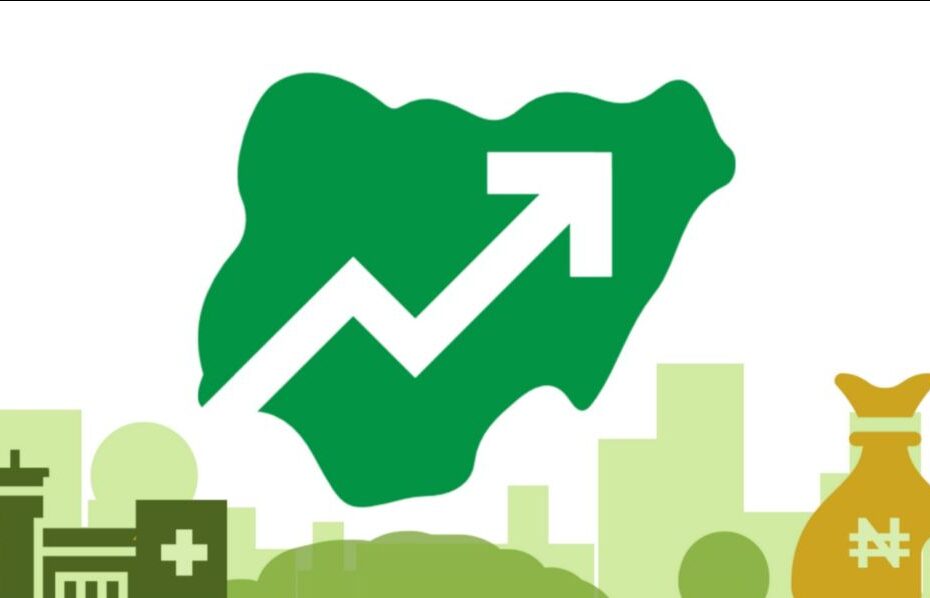Nigeria’s economy grew by 3.46% in Q3, driven by rapid expansion in its services sector, marking a significant rebound under President Bola Tinubu. The growth offers a reprieve for Tinubu, who has faced economic instability since he eliminated fuel subsidies last year. The unpopular move led to a surge in fuel prices, worsening already high inflation, and sparking protests across the country. Nevertheless, experts believe his reforms put the country’s economy on the right track. They argue that the expansion of other, non-oil sectors, including telecommunications and financial services, will result in a more stable economic base for the West African country. Despite these strides, oil production remains a cornerstone, with the 2025 budget targeting an increase in crude output, benchmarked at $75 per barrel. Meanwhile, the government has encouraged citizens to convert their vehicles to natural gas, arguing it could eventually reduce transportation costs by 50%.
SOURCE: SEMAFOR

